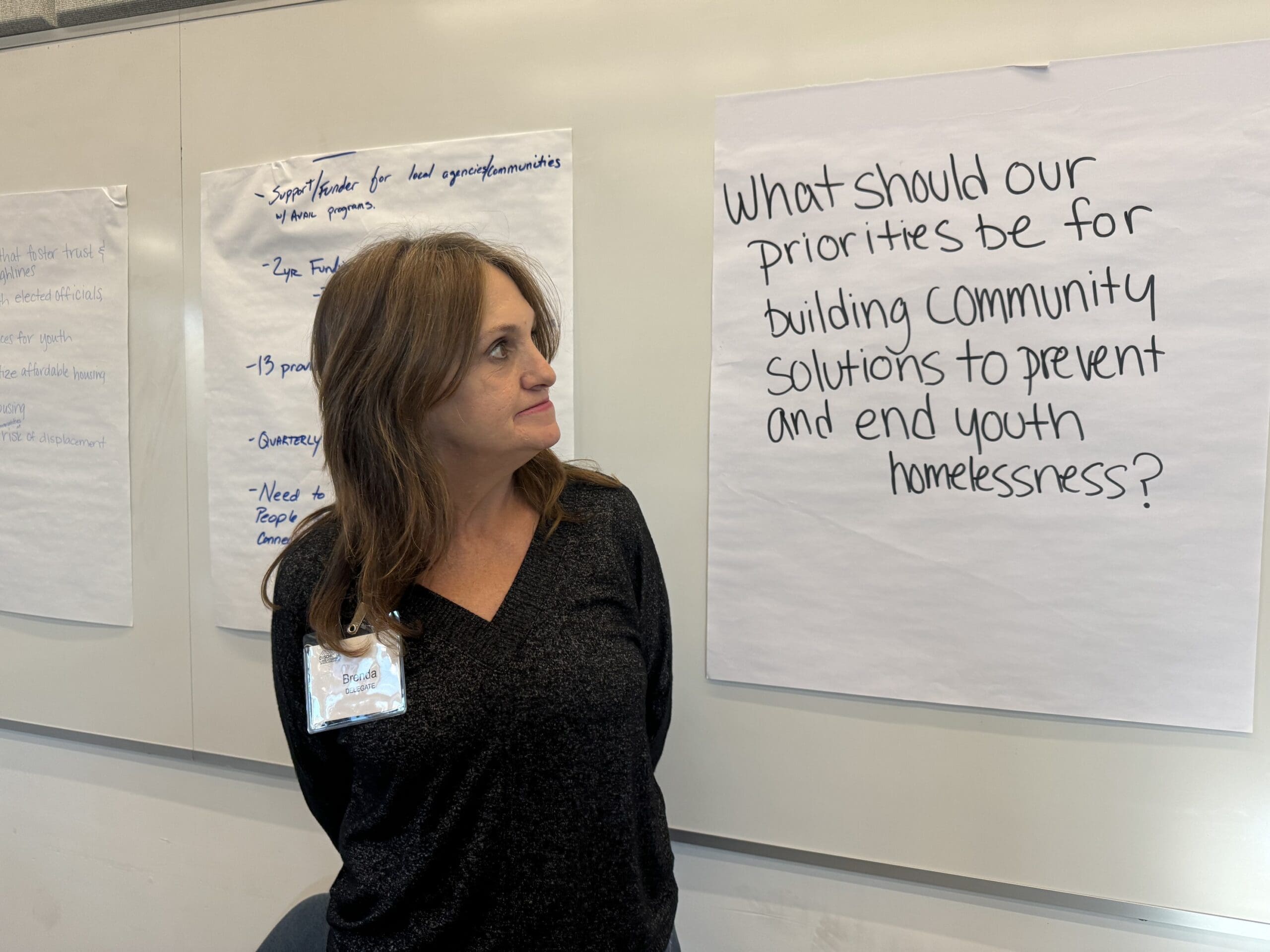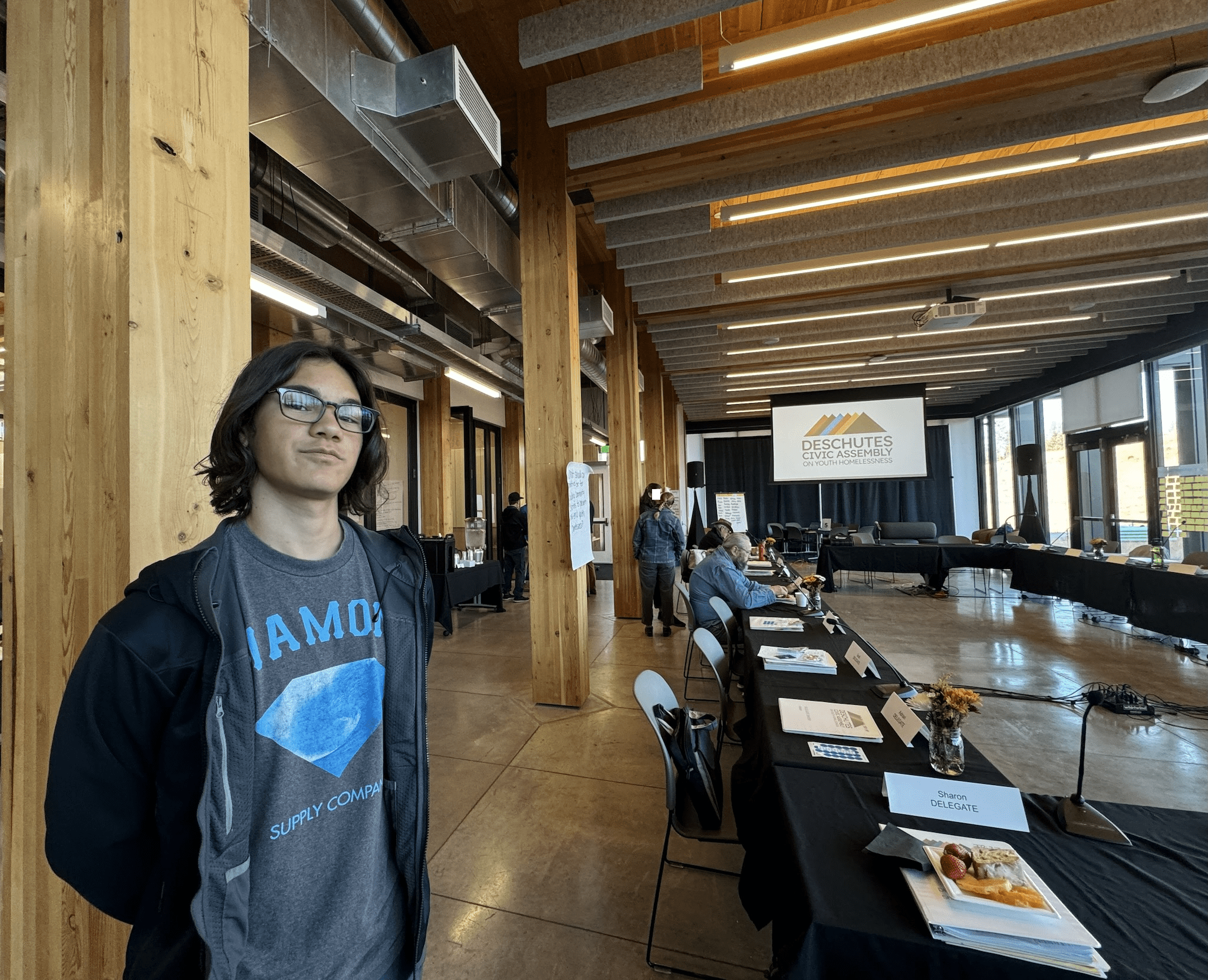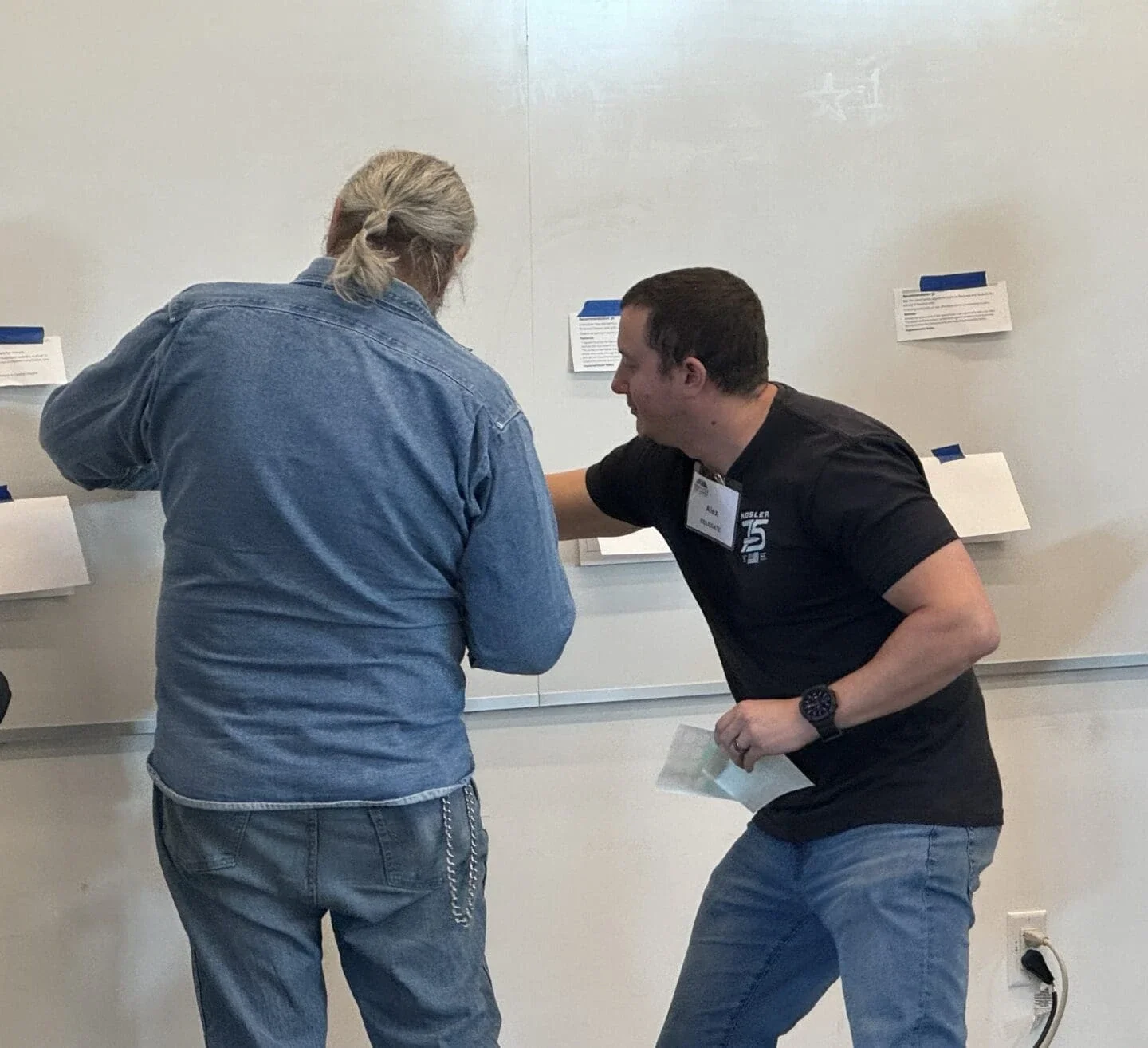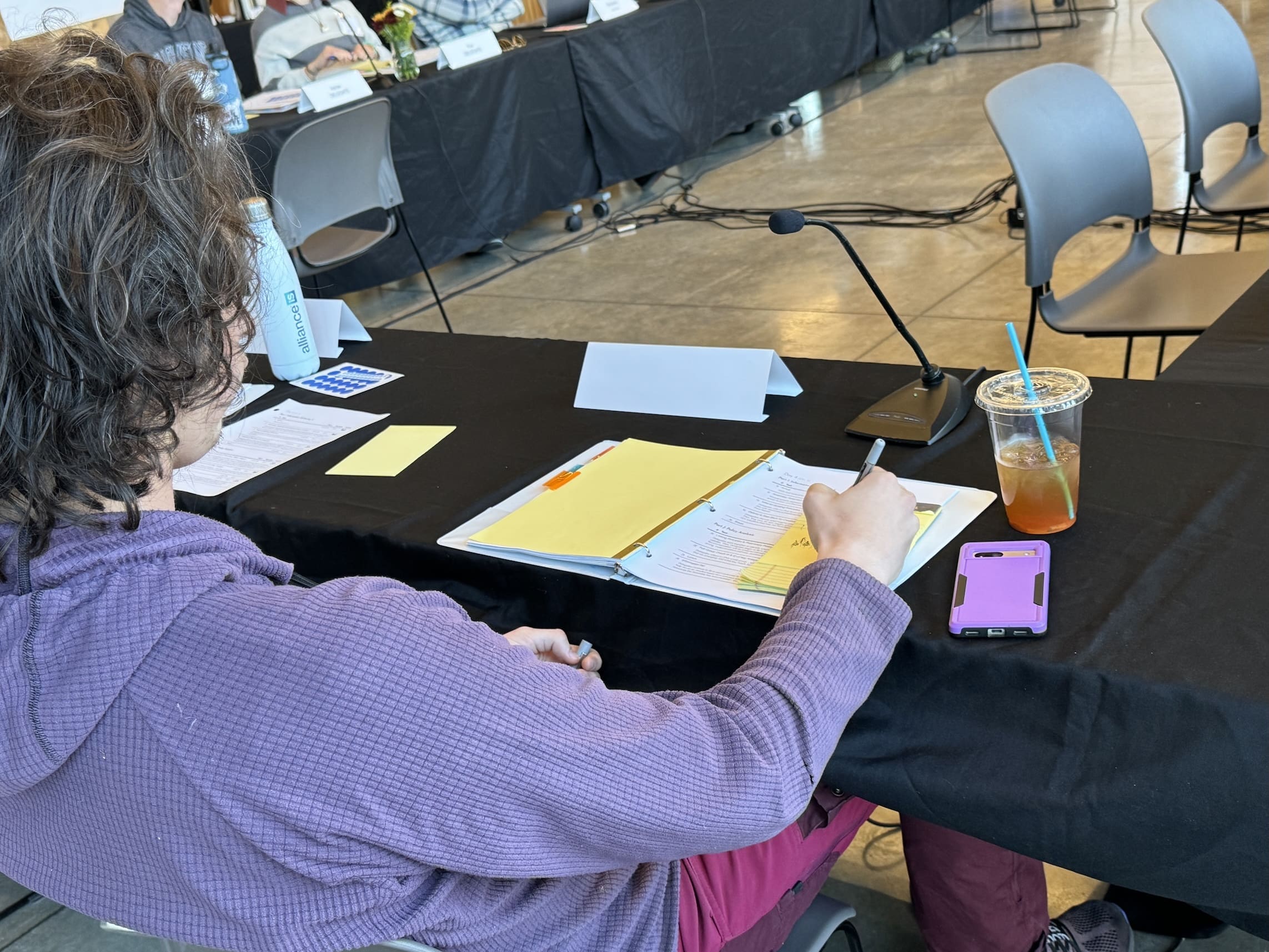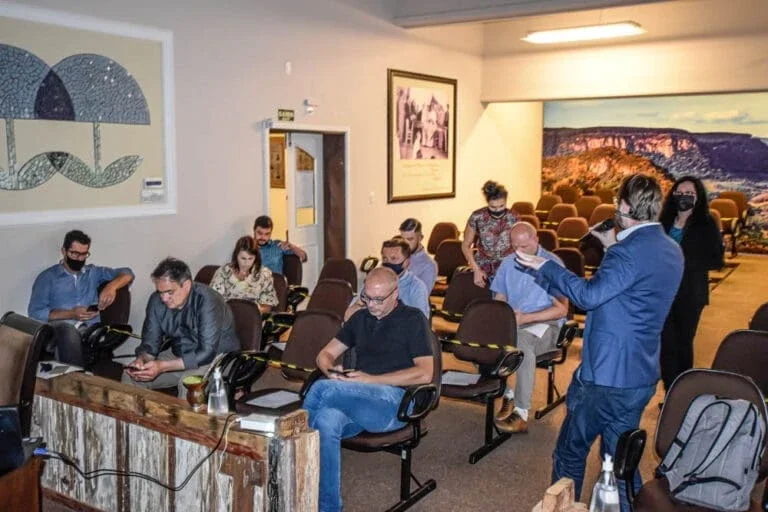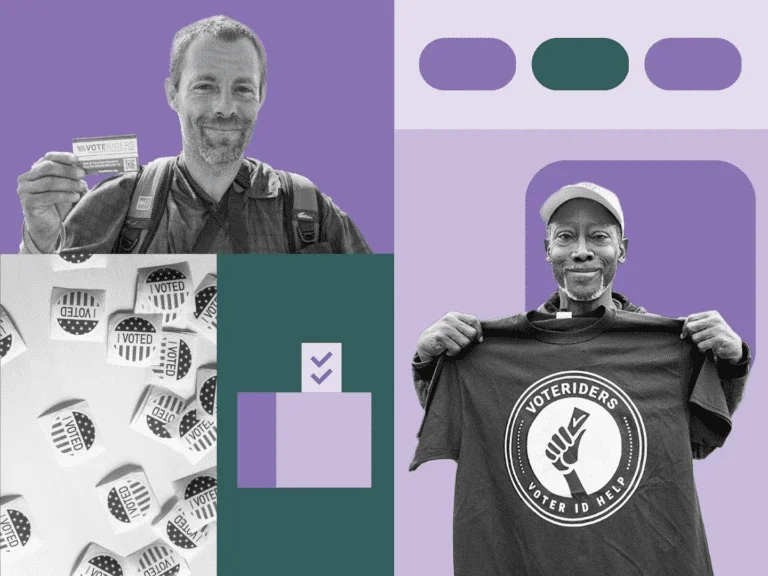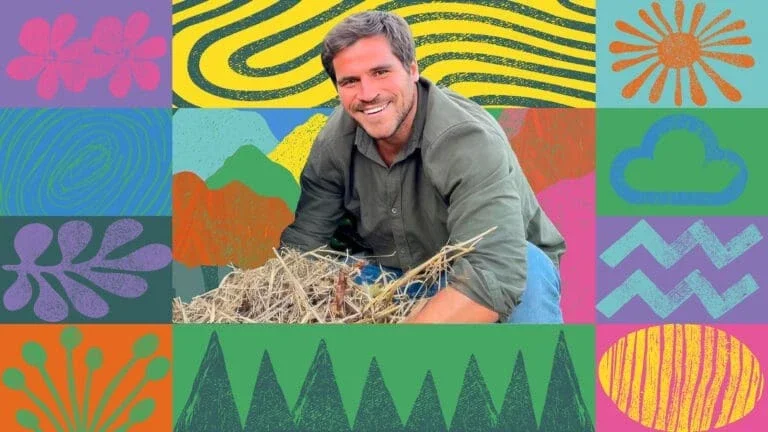Solving Challenges While Building Trust
Citizens’ assemblies, in fact, are increasingly seen as a valuable tool for strengthening democratic processes and outcomes. They involve people more directly in local decision-making, potentially leading to more representative, informed, and widely accepted policy decisions.
“This is about trust,” said Matt Abrams, a DemocracyNext board member. “We want a strong and vibrant democracy. At the end of the day, if we don’t have dialogue, and we aren’t educated beyond the headlines, then democracy frays.”
Building credibility is a daunting, if important, task. Only 23 percent of Americans trust the federal government, down from 35 percent in 2022, according to a recent survey from the Partnership for Public Service, a nonpartisan nonprofit founded in 2001 to inspire public service.
While citizens’ assemblies don’t yet have a track record in the U.S., jury trials provide some evidence that Americans are willing to trust regular people with weighty decisions. A recent survey found that 58 percent of adults had at least a fair amount of trust in citizens serving on juries, compared to only 44 percent saying the same about federal judges. Among those who recently served on a jury, the trust level in citizen jurors rose to 76 percent.
To increase transparency in Bend, the assembly’s full proceedings, including small-group meetings, were recorded by the MIT Center for Constructive Communication using the non-profit Cortico’s AI-enhanced platform to synthesize deliberative discussions. The recordings also will be used for research by MIT and The Laboratory for the American Conversation.
“We want to look at how the delegates articulate their values, and how that changes as they progress toward compromise solutions,” said Elizabeth Marino, co-director of the lab. Their hypothesis, Marino noted, is that citizens’ assemblies will not only generate new solutions to difficult issues, but also inspire fresh rhetorical approaches in the process.
